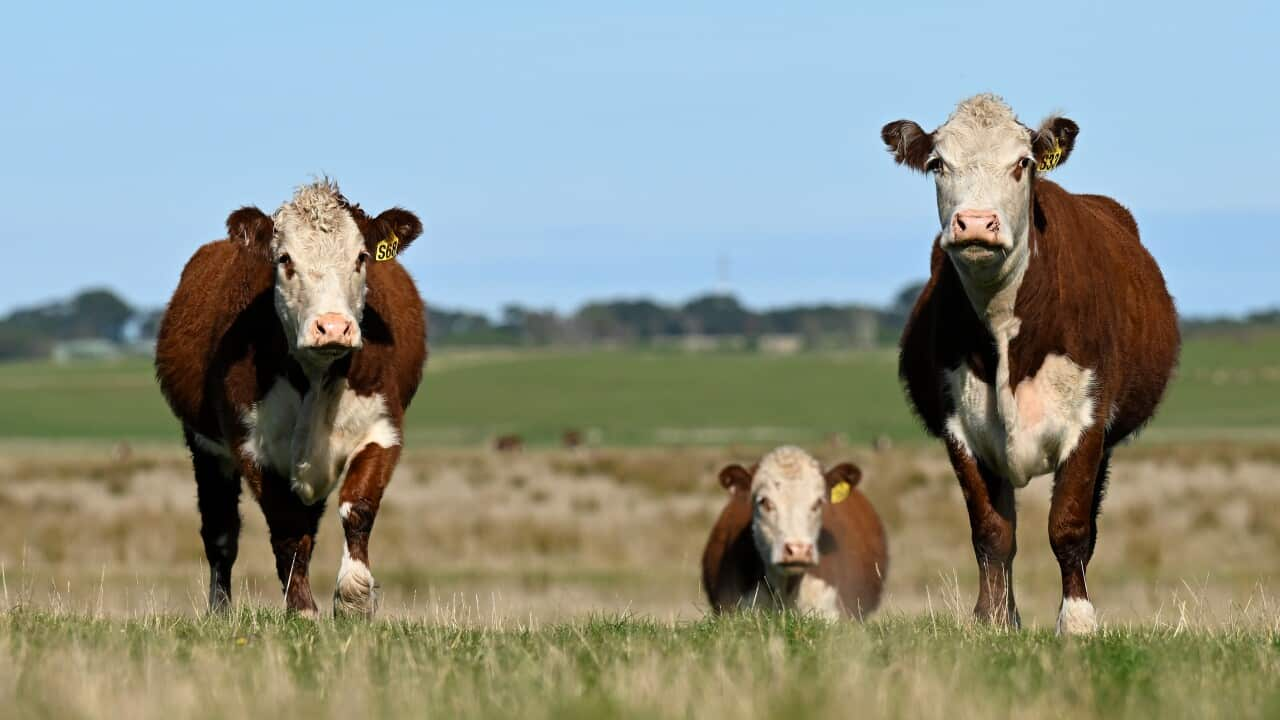The government urgently needs to commit to limiting Australia’s methane output, which is far higher than the global average, a new report says.
Australia produces nearly four million tonnes of methane annually and is “turbo-charging” climate change, according to research compiled in a new report from the Climate Council, a not-for-profit climate science organisation.
Professor Lesley Hughes, a founding councillor of the Climate Council, said: “Methane is a climate supercharger and the evil bridesmaid of greenhouse gases.”
“It traps 85 times more heat than carbon dioxide over a 20-year period, turbocharging the global warming that is driving extreme events like heatwaves, bushfires, and floods.”
Methane is estimated to be responsible for 25 to 30 per cent of global warming since pre-industrial times.
The report states Australia’s methane production is “outsized” and produces around four to five times more methane per person than the global average.
Australia is the 12th largest methane polluter, ahead of larger economies including Germany and France.
The International Energy Agency estimates that Australia could be under-reporting methane emissions from coal and gas by as much as 60 per cent.
Australia has to cut methane emissions by 30 per cent by 2030.
However, the Climate Council argues Australia lacks a proper national plan to meet the commitment.
The main sources of methane emissions are agriculture (52 per cent), fossil fuel mining (25 per cent), and household/business waste (11 per cent), according to government data.
Australia’s fossil fuel, agriculture and waste sectors produced 3.9 million tonnes of methane in the year to December 2023.
Agriculture contributed 2.3 million tonnes and the extracting, processing and use of fossil fuels released around 1.2 million tonnes of methane during this period.
Waste from our homes and businesses was responsible for 0.5 million tonnes.
“To combat methane emissions in agriculture, Australia must escalate research into reducing the climate impacts of meat and dairy production,” Hughes said.
“We need to incentivise farmers to cut methane emissions, promote sustainable protein alternatives and give consumers more information on the environmental effects of food choices.”

